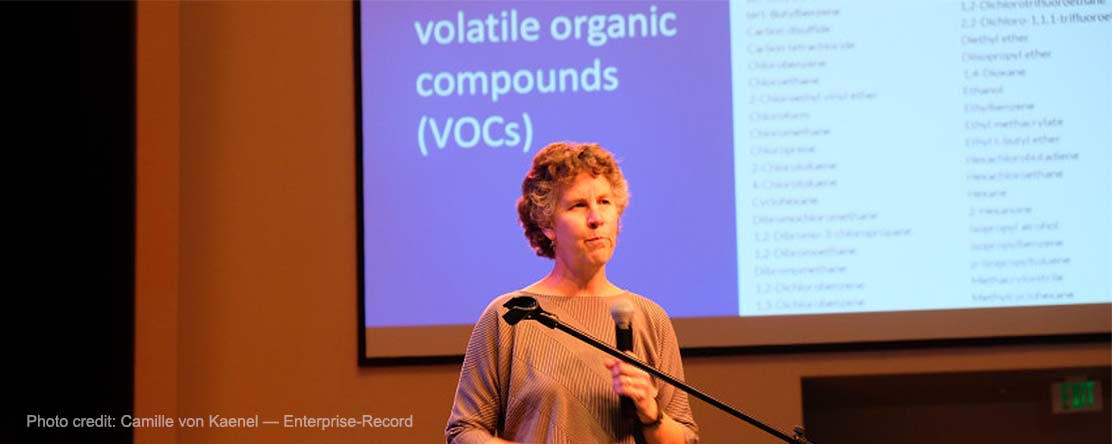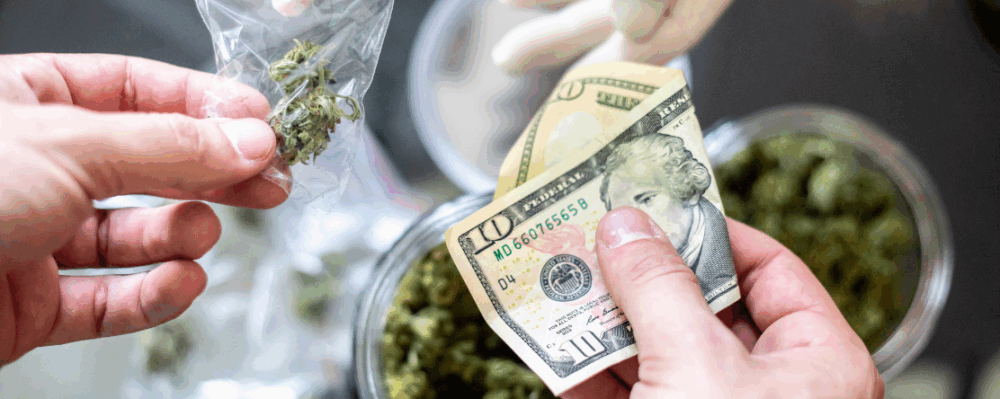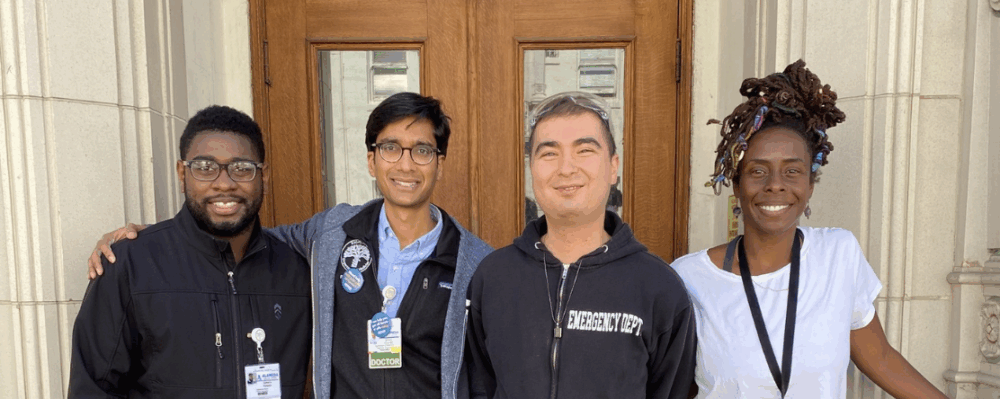
In the News
Preliminary Findings Show that Harmful Contaminants in Burn Scar Plumbing are Rare
-
Focus Areas
Environmental Health -
Programs
Tracking California

Second volatile organic compound potentially linked to fire
Gina Solomon, of the Public Health Institute, presents preliminary findings from her research into potentially harmful contaminants in the home plumbing systems in the Camp Fire footprint at Paradise Alliance Church on Monday.
PARADISE — Water experts are still finding traces of harmful chemicals in parts of the water systems burned by the Camp Fire and in interior plumbing more than a year after the disaster, but the cases are rare.
Fears about the contamination have been a hurdle for recovery. The water utilities say they are addressing the problem through tens of thousands of tests and hundreds of repairs.
One big question remained on the minds of residents: What about their own taps? Home plumbing is not the responsibility of the utility. Many residents paid for tests out of pocket. Now, an outside team of researchers is studying the issue with a grant.
So far, the team has found only a few cases where volatile organic compounds that are harmful to human health seeped into home plumbing from the water system. Most of those cases tested largely below unsafe levels.
“We were kind of looking for those worst-case scenarios,” said Gina Solomon, the researcher leading the project. “What we found was actually really encouraging.”
Solomon presented the findings to the community at a meeting at the Paradise Alliance Church on Monday evening. Her study team includes experts from the Public Health Institute, UC San Francisco, and UC Davis. They sampled 125 structures in Paradise and Magalia in October and will continue sampling later this month.
Benzene, which has been linked to cancer, was detected in only two samples: one came from an outdoor hose bib that was unused since the fire, and the other came from inside an uninhabited home. Both were below the California regulatory limit.
Scientists are not exactly sure where benzene—which was first detected in water systems after an urban wildfire in Santa Rosa—comes from and how it spreads in a water system. One prevailing theory is that the contaminant comes from burnt plastic.
The team tested for over 100 volatile organic compounds.
Originally published by Chico Enterprise-Record
More Updates
Work With Us
You change the world. We do the rest. Explore fiscal sponsorship at PHI.
Support Us
Together, we can accelerate our response to public health’s most critical issues.
Find Employment
Begin your career at the Public Health Institute.



